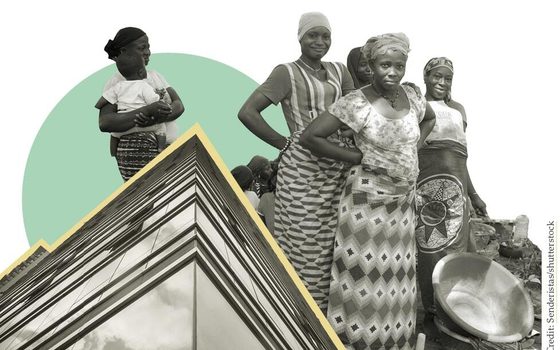Inequality is tearing us apart, and it’s all of our responsibility to fix it
An insight into the true picture behind the latest statistics about inequality in the UK.
12 January 2017
Inequality is corroding the fabric of our society. It is not just a terrible injustice for the poor: it is bad for almost everyone. Societies which are more unequal have poorer health, higher rates of teenage pregnancy, obesity and homicide.
Inequality was a major cause of the financial crash and has fuelled our housing crisis.
In a society as unequal as ours, huge parts of our lives are determined by who our parents are. We cannot honestly say that we are in control of our own lives when a child born into a low-income family has just a one in eight chance of becoming a high earner in adulthood.
Although overall income inequality has remained relatively stable since the 1980s and has recently declined, the UK remains one of the most unequal countries in the rich world. The latest figures also don’t capture the effect of housing costs, which exacerbate inequalities in disposable income. This is because in recent years the cost of renting increased sharply relative to incomes whereas the cost of owning with a mortgage remained broadly stable.
The face of inequality in the UK is also changing. Wealth inequality – which is much greater than income inequality — is on the rise, fuelled by marked increases at the very top. There are also increasing generational divides. Since 2007-08, pensioners’ incomes have risen by 13%, whilst the income of working age households has dropped by 1.2%, and 7% for 22 – 30 year olds.
It’s therefore been heartening to see attention turn to inequality and top pay. In the first few weeks of 2017 we’ve had Fat Cat Wednesday, Corbyn’s income cap proposal and the World Economic Forum’s announcement yesterday that inequality is the single largest risk to the world’s economy.
One thing is clear. We aren’t going to reduce inequality to reasonable levels by tinkering around the edges. Our economy is incredibly efficient at making money into more money. If we want to fundamentally reverse this pattern, we need to change the rules of the game. This means taking control of the way that money is created in our economy, breaking up the banks and putting the production of fundamental human needs such as energy under democratic control – and that’s just for starters.
But sadly the past few weeks have also demonstrated that too many are still in denial about the damaging effects of inequality. The response to proposals to curb top pay prompted the same tired arguments; that it is unfair to ‘rob the rich,’ or that it will harm our economy.
The claims that the current level of inequality is a reflection of differences in effort or intelligence, and that anyone can make it to the top are ringing increasingly hollow.
But while the argument still needs to be made to those in power, we also need to start building the economy we need from the bottom up. Only by collectively taking control of the economy will we be able to create one that works for all of us. From building community-owned energy co-operatives to creating community-lead social housing and childcare co-operatives, we can begin to grow economic structures that work for the people.
Topics Inequality Wellbeing






